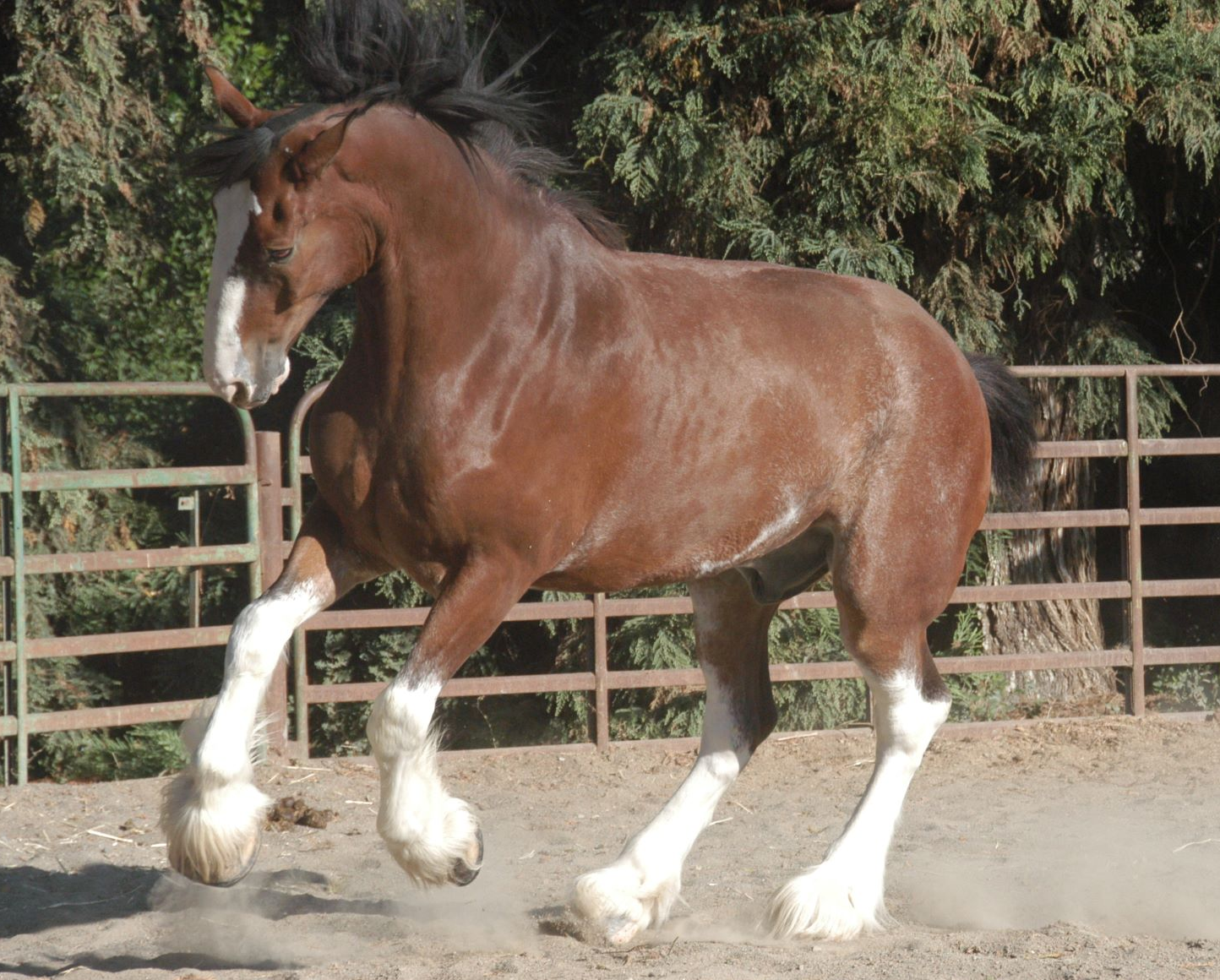clydesdalesOct9 35.jpg

Scratches, a condition that affects the horse’s lower legs, can be difficult to treat and prevent. Correctly called equine pastern dermatitis and although not a specific disease, it is a reaction pattern on the horse’s lower legs.
Dr. Anthony Yu, DVM, MS, Dipl. ACVD, says in the publication The Horse that finding the underlying factor is the key to treating and preventing the condition.
Scratches can affect any breed. You’ve likely seen horses with scabs along the pastern and even up to the hock. These scabs are stuck very tightly to the skin and are painful to remove, and your horse is painful when you examine these areas.
In draft horses with feathers, mites are commonly found and this can increase the chances of scratches occurring. However, anything that can irritate the leg can cause the syndrome, such as an allergy to weeds in the pasture, mosquitoes or other flying insects, and even standing in mud. As the mud dries, it sticks to the skin and causes irritation. The skin becomes infected and gets thicker as time goes on with redness, scaling, and crusting.
Chemicals or other medications used to treat the problem can also irritate the skin and make the condition worse. Sometimes a biopsy of the area is required to make the diagnosis of the underlying cause as an immune-medicated disease can be involved.
Treatment involves having your veterinarian sedate your horse because the affected area is painful, clipping all the hair off of the affected area, and shampooing the area with an anti-infective shampoo. Rinse the area and then wrap lightly for several days in a row with an anti-infective ointment containing cortisone to reduce inflammation and pain.
Many of these horses will also need oral antibiotics to fight the infection.